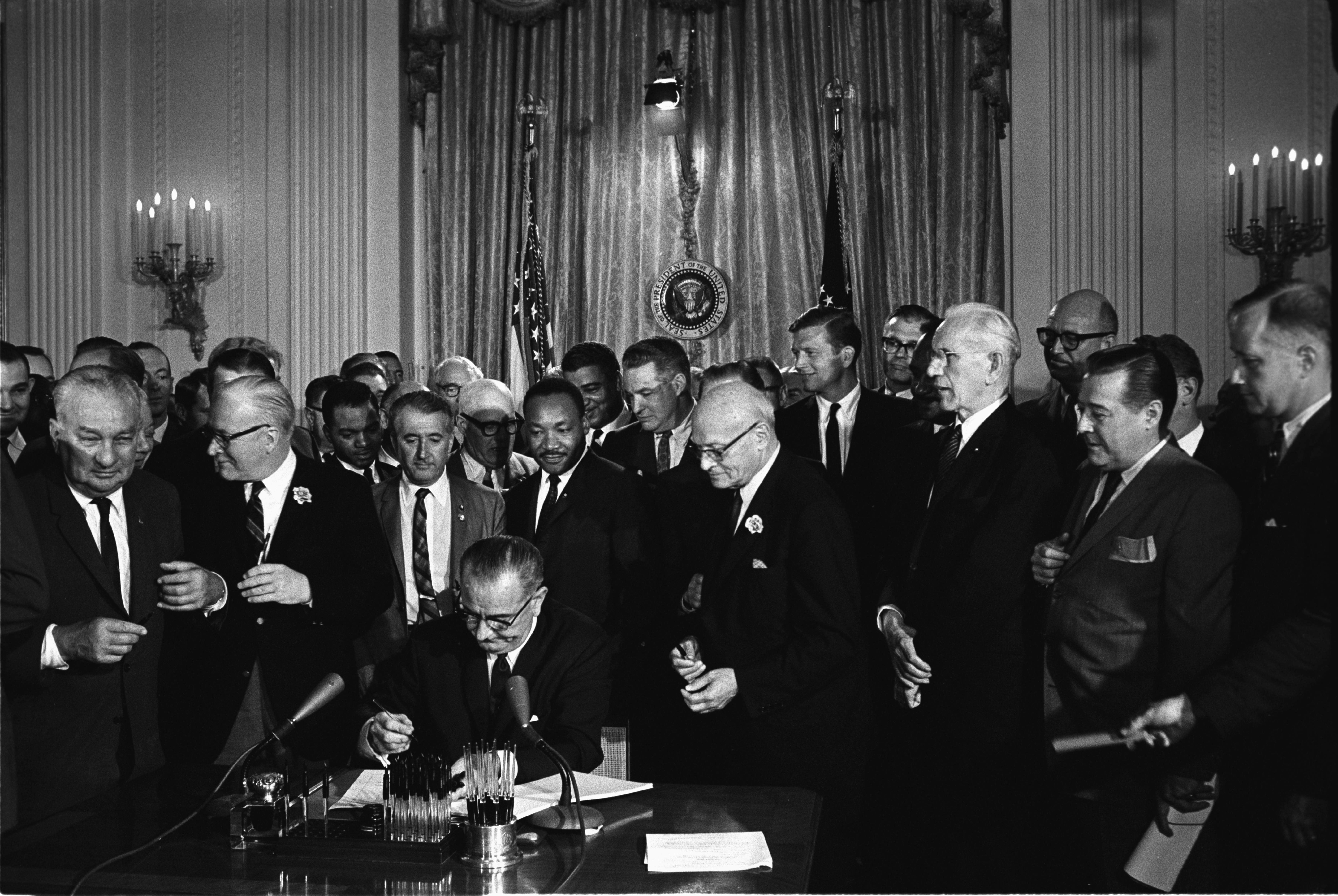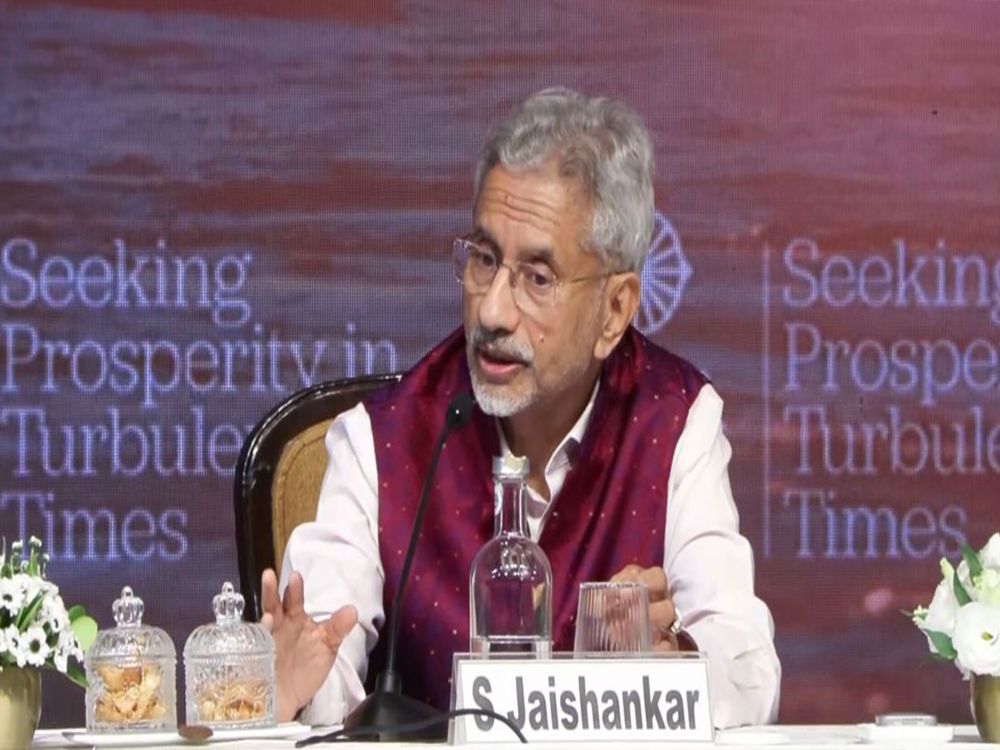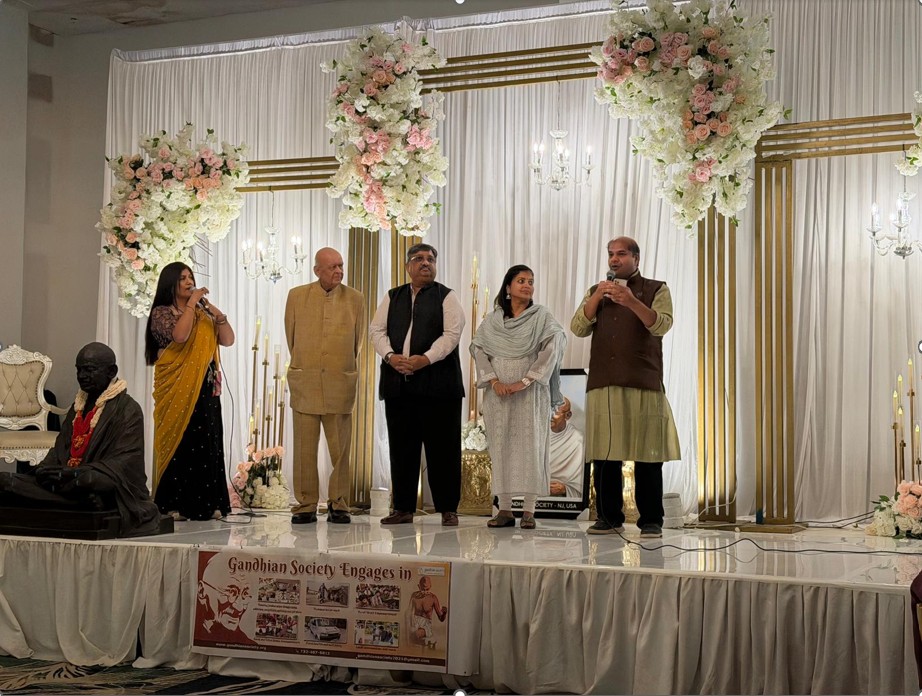Our Bureau
Queens, NY
Indian Diaspora Council, IDC recently commemorated the 60th Anniversary of the landmark USA Civil Rights Act which granted equal rights to all Americans and prohibited all forms of discrimination that were prevalent before the signing of that historic act.
Led by Martin Luther King Jr. an American Baptist minister, activist, and political philosopher, he was one of the most prominent leaders in the civil rights movement from 1955 until his assassination in 1968.
The USA CIVIL RIGHTS ACT was signed into law by President Lyndon Johnson on July 2, 1964. The law prohibited discrimination in public places, provided for the integration of schools and other public facilities, and made employment discrimination illegal. It was the most sweeping civil rights legislation since Reconstruction.
The historic Reconstruction period from 1861 – 1900, in which the United States grappled with the question of how to integrate millions of newly freed African Americans into social, political, and labor systems, was a time of significant transformation within the United States.
In a nationally televised address on June 6, 1963, President John F. Kennedy urged the nation to take action toward guaranteeing equal treatment of every American regardless of race. Soon after, Kennedy proposed that Congress consider civil rights legislation that would address voting rights, public accommodations, school desegregation, non-discrimination in federally assisted programs, and more.
The act outlawed segregation in businesses such as theaters, restaurants, and hotels. It banned discriminatory practices in employment and ended segregation in public places such as swimming pools, libraries, and public schools.
Title VII of the act created the Equal Employment Opportunity Commission (EEOC) to implement the law. The EEOC enforces laws that prohibit discrimination based on race, color, religion, sex, national origin, disability, or age in hiring, promoting, firing, setting wages, testing, training, apprenticeship, and all other terms and conditions of employment.


























